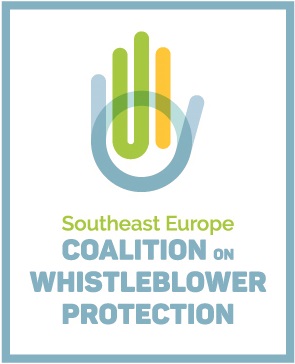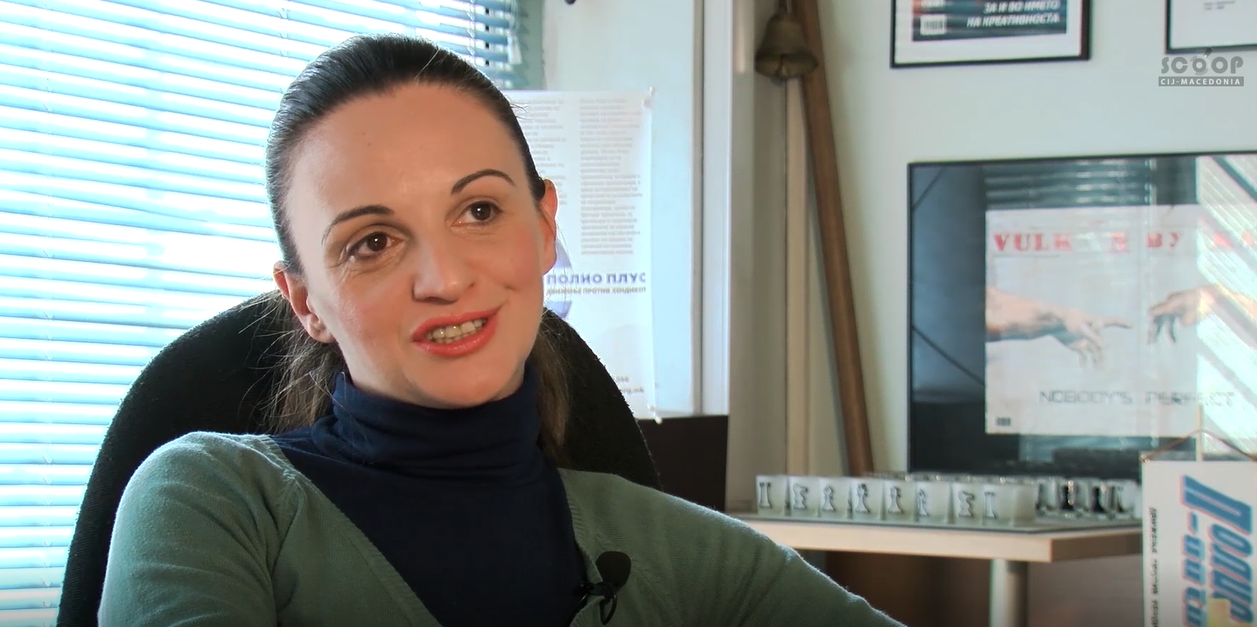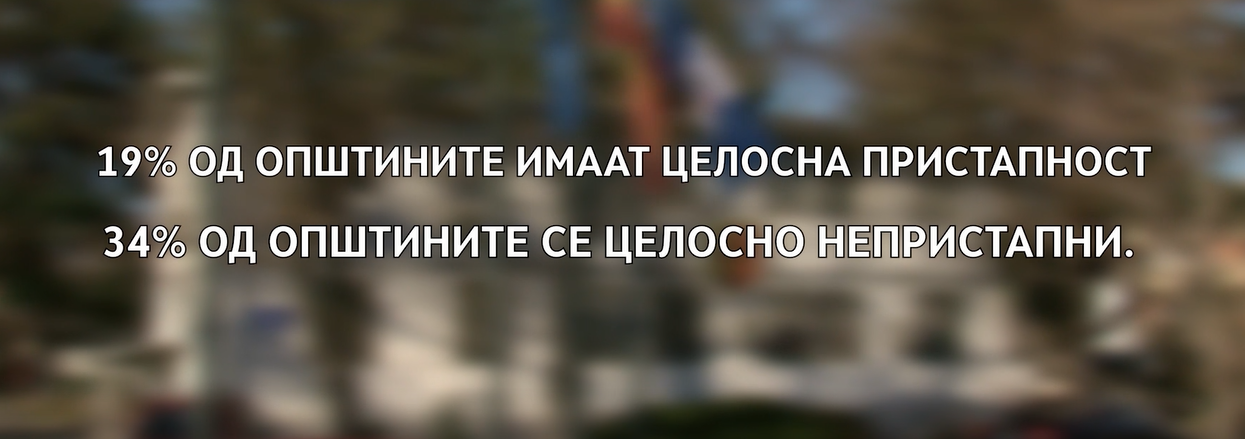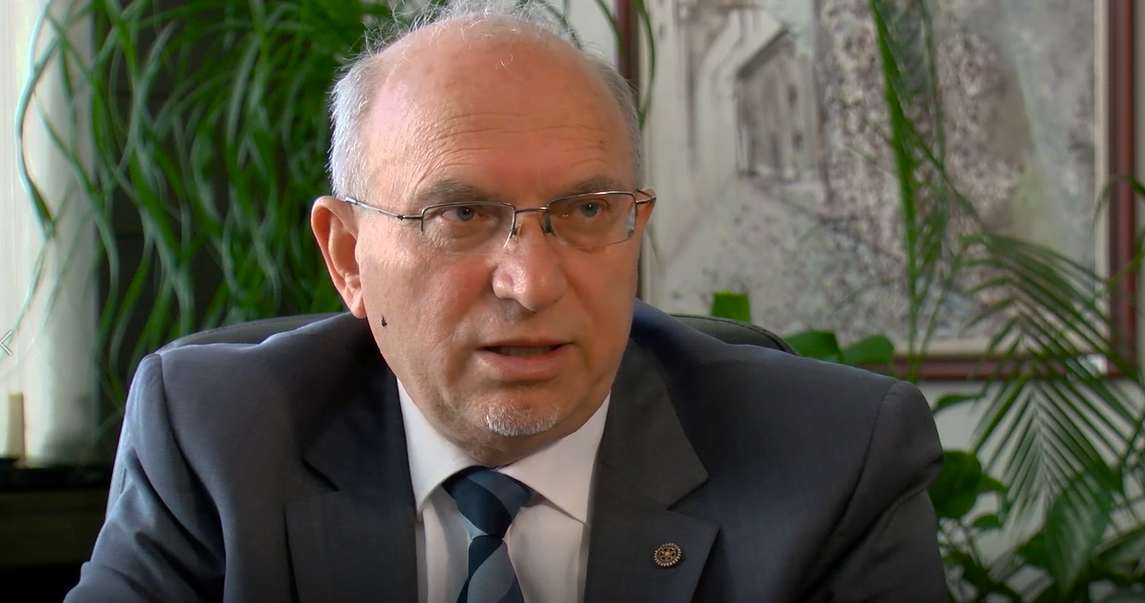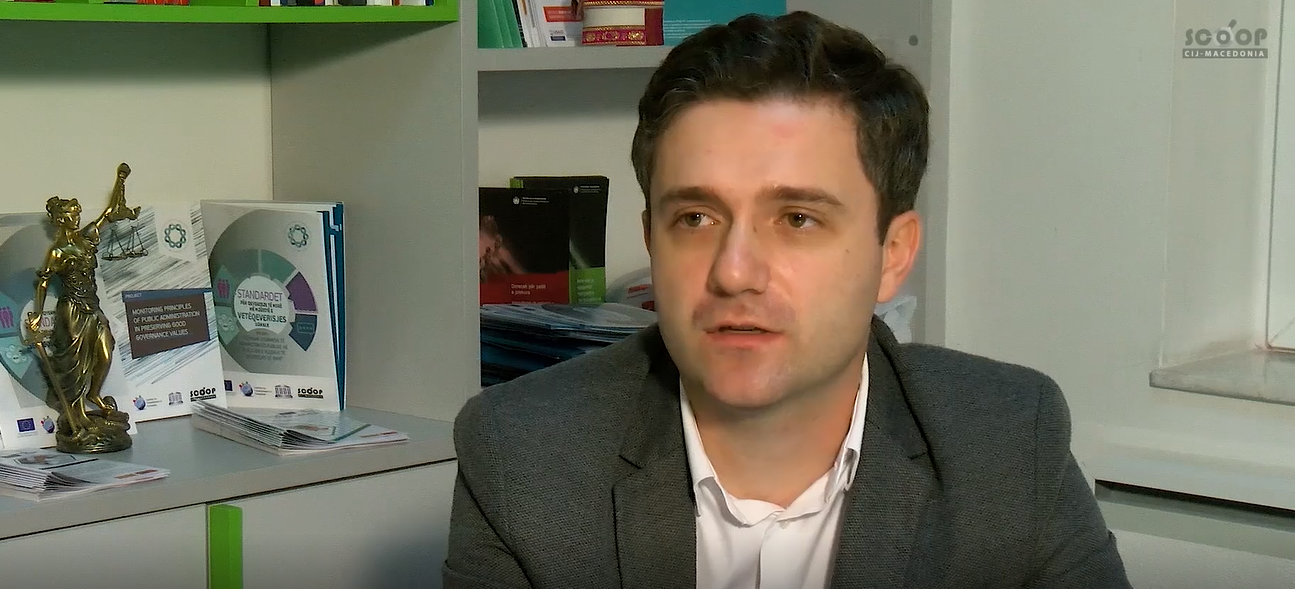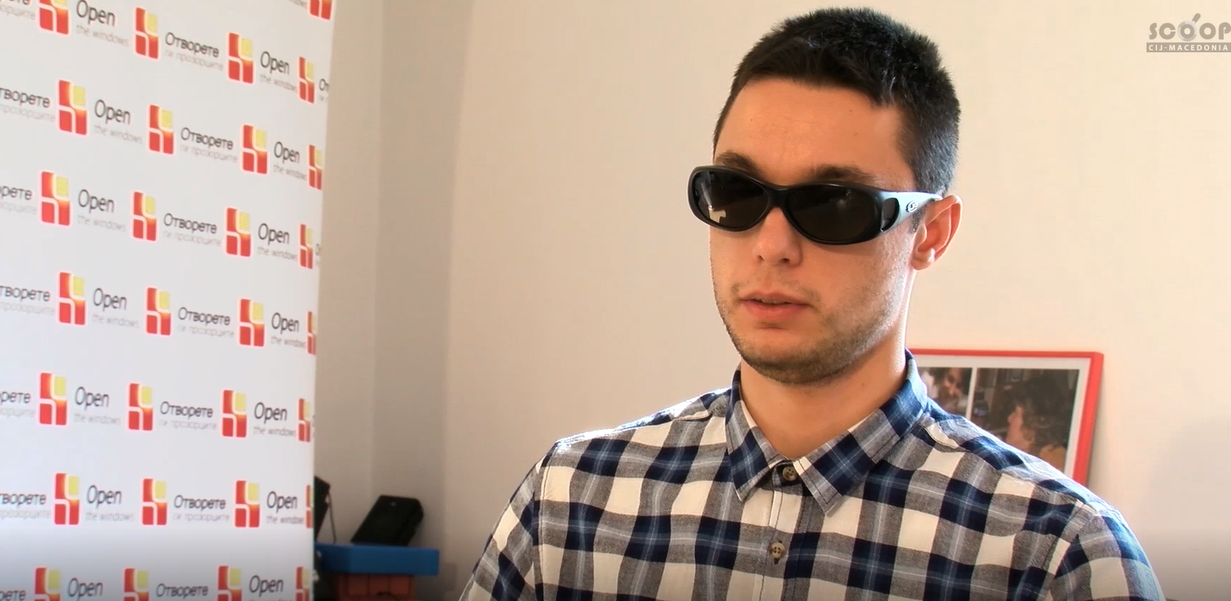–More than 300.000 people in Macedonia are with disabilities or related to disabilities
-Only 19 percent of the municipalities have full accessibility for people with disabilities, while 34 percent have no accessibility at all
-People with disabilities have a strong message to institutions and the citizens:
“Unequal accessibility equals offense!”
Author: Goran Lefkov
Elena Kochoska is a program manager at the NGO “Polio Plus”. A great fighter by nature, through her activity she tries to help herself and the rest of the population with disabilities.
“From 15 to 20% of the total population belongs to the community of people with disabilities, without taking into account the number of persons indirectly affected by the disability situation. So, in Macedonia there are quite a lot of people with disabilities”, Koshoska says.
According to the standards of the World Health Organization, in Macedonia there are between 300 and 400 thousand citizens with disabilities or related to disabilities.
Kochovska emphasizes that the right to accessibility in our country is quite poorly understood by the institutions, but also by people without disabilities. “In one of the surveys that we had this year where we asked the people with disabilities themselves if they got the right to accessibility, 99% said that they could not enjoy the right to accessibility”, she declares.
Kochovska adds: “Failure to exercise the right to accessibility of persons with disabilities is discrimination. This means that the state discriminates against people with disabilities”.
INSTITUTIONS DO NOT TAKE CARE FOR THE PEOPLE WITH DISABILITIES
The team of SCOOP went to Kumanovo to check how institutions take care of the people with disabilities. In front of the municipal building there was a disabled person who wanted to enter the building. But, for this person the three stairs that allowed entry into the municipal building were like three mountains. Nobody came out of the Municipality of Kumanovo to help him. We first thought that they had not noticed him, but soon a man appeared from the municipality. We thought he was coming out to help the poor boy. But we soon realized that the focus of the interest of the municipal official was the camera of SCOOP Macedonia, so he asked us what we were recording. Around 20 meters from the municipal building is the primary court. This institution was more accessible to the people with disabilities.
Talat Agush, young graduate lawyer from Kumanovo, who participated in the survey on implementation of SIGMA principles for good governance for the territory of Kumanovo, Kratovo and Kriva Palanka, was not satisfied with the results in the area of accessibility.
“Municipal buildings are not accessible, i.e. the municipality of Kriva Palanka is accessible at the entrance, but the other floors where there are stairs are not accessible. Municipalities are not accessible for persons with disabilities”, Agush, member of JEF Macedonia states. According to him out of the three municipalities, only the municipality of Kratovo has appointed a person in charge of persons with disabilities.
AROUND HALF OF THE INSTITUTIONS FULLY UNACCESSIBLE
According to the Center for Change Management, collected from the municipalities within the project “Monitoring the Principles of Public Administration”, accessibility to municipal buildings for persons with disabilities is not realized. Only 19% of the municipalities have full accessibility, while 34% have partial accessibility.
Beside Kumanovo, accessibility is also problematic in Veles. We asked the mayor Ace Kocevski how accessible the municipal building is, he did not answer whether it was accessible, but what would they do in the future regarding accessibility.
“We are planning to build one platform so that we can allow access of the disabled to the upper floor. In other institutions we tried to make access ramps. Even in the library we made a construction to make it accessible for people with disabilities”, Ace Kocevski, mayor of Veles emphasizes.
Problems that people with disabilities have are huge. Municipalities are inaccessible to them, and to enter inside is an impossible mission.
“In general, municipalities do not have accessibility to their buildings, not to mention the interior. They do not have a proper path to get to them, they do not have a marked parking place next to them. Мost often when you see a marked or set up ramp, it is not a ramp. There are certain standards that Macedonia has committed to respect and apply. Unfortunately, these standards are not applied. Not that we do not recognize them, but we do not apply them”, Elena Kochoska, Polio Plus Program Manager says.
A survey by the Center for Change Management found that 83% of the municipalities have a person appointed to help persons with disabilities, but 78% of them have not published this information on municipal websites.
Unlike Veles and Kumanovo, the municipal building in Studenichani has done something to help people with disabilities.
Burhaedin Nuhiu, Secretary of the Municipality of Studenichani says that they have appointed people in charge of communication with persons with disabilities, whose name is on their website.
“We have an access ramp set at the entrance of the administrative building. We have sent an obligation to all public institutions such as ambulatory care clinics, schools, that they are obliged by law to set up access ramps”, Nuhiu said to us.
But is this enough for people with disabilities to move?
“A person must only be able to pass the ramp without being helped by anyone. If someone helps him there is a problem. The ramp is not a ramp. If you need to help me to cross the ramp, then you have a problem”, Elena Kochoska, Polio Plus Program Manager states.
“Construction laws regulate that all public and private buildings should be accessible outside and inside to people with disabilities, plus they have an additional obligation to make tactile paths for the visually impaired and to mark parking spaces for persons with disabilities with horizontal and vertical signaling”, she adds.
THE LAWS GUARANTEE THE RIGHTS, INSTITUTIONS DO NOT RESPECT THEM
The authorities say that they work on implementation of laws that guarantee the rights of persons with disabilities, but in practice the situation is different.
It is not only physical accessibility that is an obstacle to the exercise of rights of the disabled.
“Much more needs to be done about physical accessibility of persons with disabilities in the municipal buildings and in the buildings of all state institutions, but what should not be neglected is the increasing swing of digital technologies and the promotion of the so-called electronic or web accessibility for persons with disabilities”, Martin Todevski, Center for Change Management states.
Elena Kochoska, Polio Plus Program Manager believes that in addition to the physical inaccessibility, municipalities neither have nor has it been regulated to provide accessible and available information for citizens with disabilities. “No information is available and accessible in the required format”, she says.
Kristijan Lazarev, from the NGO Open the windows emphasizes that municipal websites in the Republic of Macedonia are very little accessible or partially accessible for persons with disabilities. “Here I must mention that for some categories of disabilities, this accessibility is greater, for some categories it is smaller”, he told us.
Still, things are pioneering in implementation of assistive technology.
“Websites have recently become accessible to some extent, unlike 10 years ago when even the software itself from the assistive part that helps us was not developed”, Lazarev states and continues: “In Macedonia especially, there is still a lot to do in order to get to a decent environment in which when we connect to the Internet we will go there to be able to work and we, persons with a disability, will feel equal to other persons without disabilities”.
MUNICIPALITIES DO NOT COMMUNICATE WITH THE PEOPLE WITH DISABILITIES
Center for Change Management has been monitoring the status of municipal websites for quite some time.
“Within the project, we analyzed all municipal websites, in terms of how they meet the web accessibility standard. There are automated tools for testing and they showed that there are on average 25 errors on the websites’ homepage, as we analyzed the websites’ homepages”, Martin Todevski, from Center for Change Management claims.
Kristijan Lazarev from the NGO “Open the Windows” says that at this time of rapid technological development, a solution can be found in technology exactly.
“The software part consists mostly of screen readers. It is a technology used by people with total vision loss and partial vision loss, some sound amplifiers. There are also some kind of ‘closed captions’, I do not know how to say it in Macedonian. It is a technology that deaf people use to understand a verbal part of some videos or something similar”, Lazarev, from NGO Open the windows says.
People with disabilities have a very strong message to institutions and the public: “Unequal approach equals offense!”
“This was produced with the financial support of the European Union within the project ‘Monitoring Principles of Public Administration in Preserving Good Governance Value’. Its’ contents are the sole responsibility of and do not necessarily reflect the views of the European Union”
“The story is supported within the NED project “Promoting accountability through investigative reporting”



